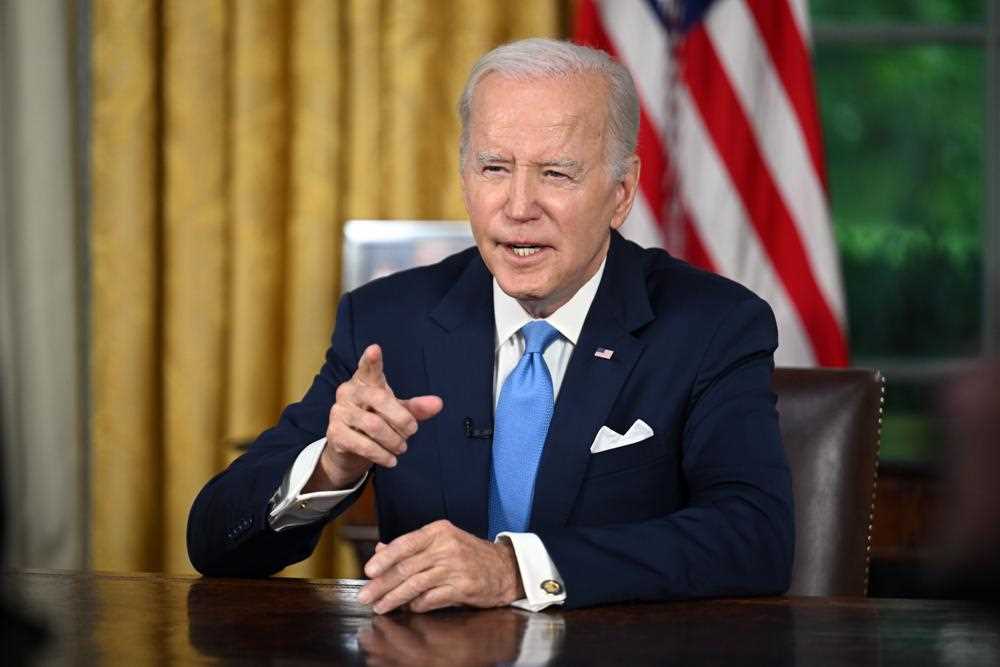The crisis in Sudan escalates as intensified shelling reverberated across Greater Khartoum on Friday. The upsurge in hostility between the country’s rival military factions ensues, notwithstanding sanctions by the U.S. These measures were taken after the collapse of a ceasefire, mediated by the U.S. and Saudi Arabia.
Eye-witnesses have recounted instances of ‘artillery fire’ in the eastern precincts of Khartoum, along with the vicinity of the state television building in Omdurman, a sister city to the capital, separated by the Nile.
The incumbent strife, spanning almost seven weeks, has drawn the regular army into an escalating confrontation with the paramilitary Rapid Support Forces (RSF) in Khartoum and the western region of Darfur. This continues unabated despite multiple efforts to broker a humanitarian cease-fire.
Amidst the worsening scenario, the army confirmed the mobilisation of reinforcements from other parts of Sudan to participate in ‘operations in the Khartoum area.’ Sudan analyst Kholood Khair anticipates that the army is gearing up to launch a ‘massive offensive’ with the intent of purging the city streets of paramilitaries.
The United States, witnessing the disturbing state of affairs, imposed sanctions on both parties on Thursday, blaming them for instigating the ‘appalling’ bloodshed.
Two primary arms companies linked to the Sudanese Armed Forces – Defense Industries System and Sudan Master Technology – have been put on the blacklist by the U.S. Treasury. Simultaneously, sanctions were slapped on Al Junaid Multi Activities Co, a gold mining firm, and arms trader Tradive General Trading, both controlled by RSF commander Mohamed Hamdan Daglo and his family.
The U.S. State Department has imposed visa restrictions on army and RSF officials, accusing them of subverting Sudan’s democratic transition, although no names were revealed.
Following these developments, the U.S. announced plans for Secretary of State Antony Blinken’s forthcoming visit to Saudi Arabia next week to discuss ‘strategic cooperation on regional and global issues.’ His trip is set against the backdrop of efforts by both nations to establish a sustainable cease-fire in Sudan.
There is, however, scepticism amongst analysts regarding the effectiveness of sanctions on Sudan’s warring generals. Both have accumulated substantial wealth under the regime of long-term dictator Omar al-Bashir, whose government was subjected to international sanctions for decades before being ousted in 2019.
Currently, neither faction holds a decisive advantage. The regular army, under the command of Abdel Fattah al-Burhan, possesses air power and heavy weaponry. However, analysts contend that the paramilitaries are better equipped for urban warfare, being more mobile.
After the announcement of the army’s withdrawal from cease-fire negotiations on Wednesday, key RSF bases in Khartoum came under attack by the troops.
The rising tensions have resulted in significant civilian casualties. A committee of human rights lawyers reported that an army bombardment hit a Khartoum market, resulting in 18 civilian deaths and 106 injuries.
According to Khair, founder of Khartoum-based think tank Confluence Advisory, the army is likely to attempt ‘some military gains before committing to any future talks to improve their bargaining position.’
However, the army expressed surprise at the U.S. and Saudi decision to ‘suspend the talks’ without addressing an army proposal.
Since the onset of violence on April 15, over 1,800 people have lost their lives, according to the Armed Conflict Location and Event Data Project. The UN reports that the conflict has displaced 1.2 million people within Sudan, with over 425,000 fleeing abroad.
The situation is particularly grim in Darfur, with accounts of ‘armed men shooting at people trying to flee, villages being looted and the wounded dying’ without access to medical care, as reported by Doctors Without Borders (MSF) on Friday.
The UN Security Council has extended its political mission in Sudan for six months, a deviation from the typical one-year extensions, reflecting the precarious situation in the country.
Image Credit: Jim Watson/Pool via AP




